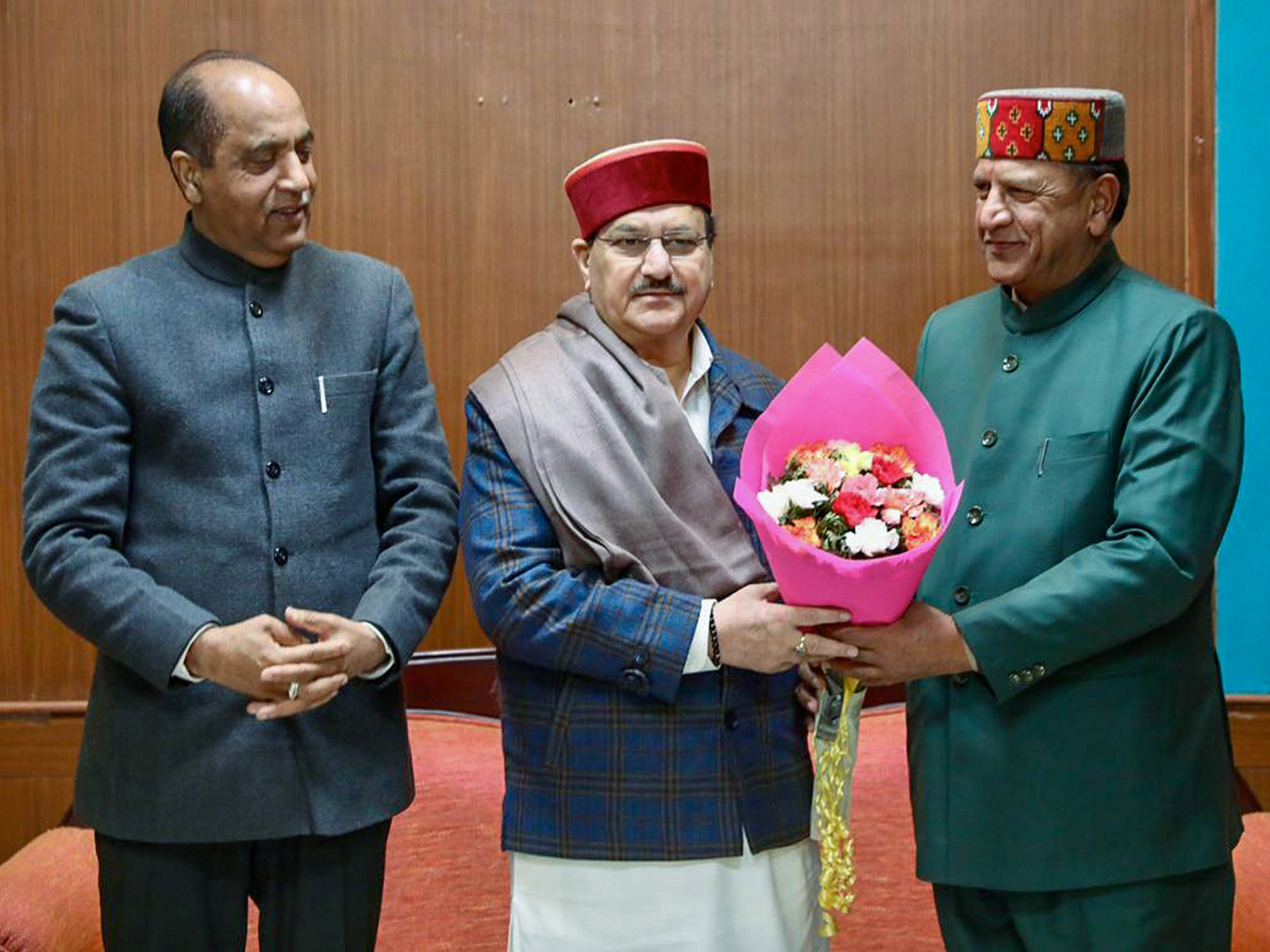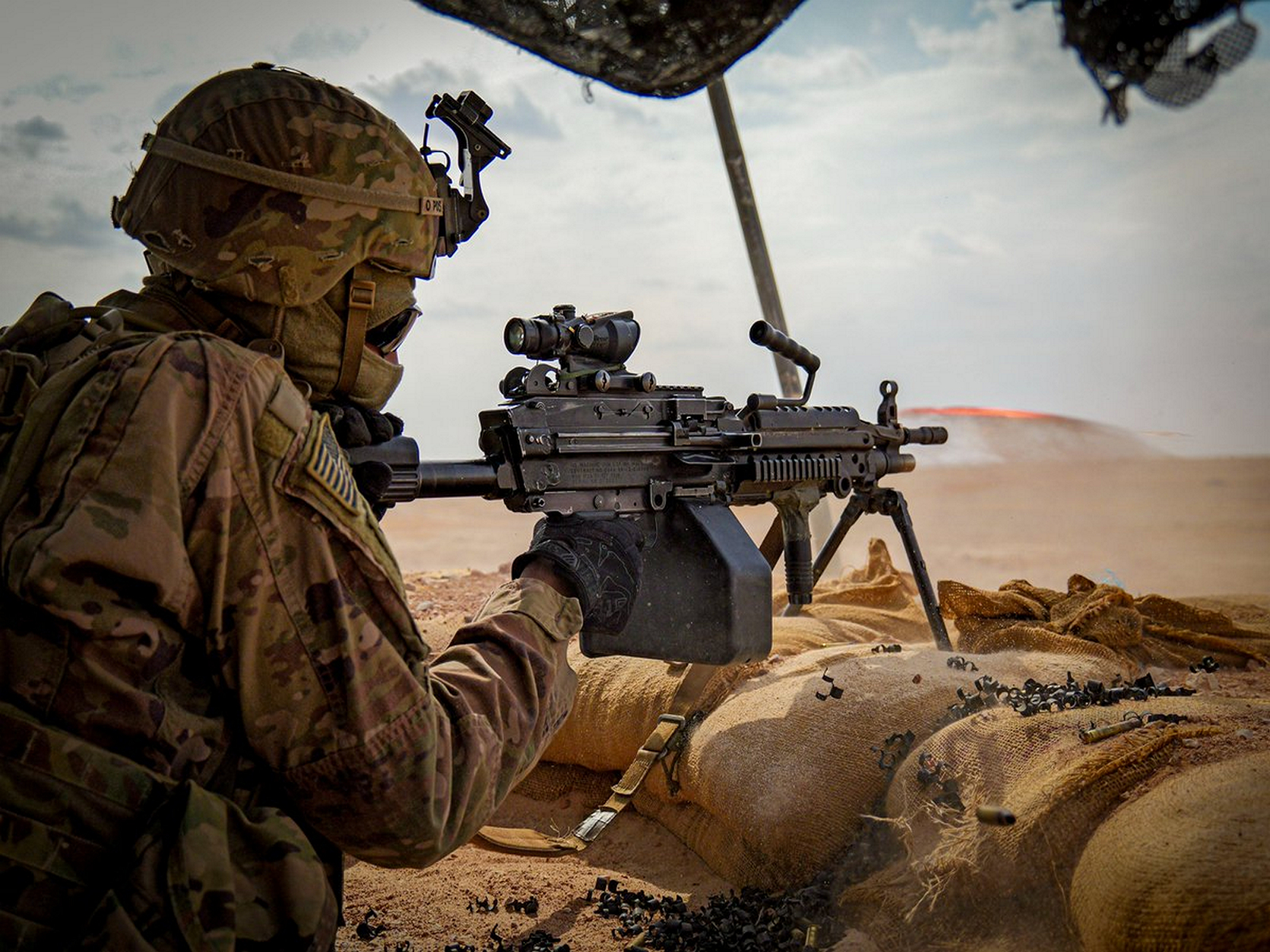US has no basing agreements with any Afghan neighbours: CENTCOM chief
Sep 29, 2021

Washington [US], September 29 : The United States has no basing agreements with any of the countries neighbouring Afghanistan, said Central Command (CENTCOM) chief Kenneth McKenzie, adding that Washington is still able to conduct missions in that country using its distant bases in the region.
"As of today, I have the ability to enter Afghanistan and to fly missions. It's a long haul but I have the ability to do that today," McKenzie told the US House Armed Services Committee. "Obviously it's a neighbouring country that's allowing us access [to Afghanistan], but we're not based in any neighbouring country."
The Taliban seized control of Afghanistan after entering the capital Kabul on August 15 that led to the collapse of the US-backed government there. Soon after the Taliban takeover of the capital city, US and coalition forces conducted large-scale evacuation operations from the country.
US Chairman of the Joint Chiefs of Staff Gen. Mark Milley and Defense Secretary Lloyd Austin and said they were not aware of any payments made to the Taliban by the US at any time during last month's evacuation.
During the senate hearing on Wednesday, top Pentagon officials said that they were not aware of any payments to the Taliban at any time during last month's evacuation.
"To my knowledge, there was not," Austin told a US Senate Armed Services Committee hearing on the US withdrawal from Afghanistan. When asked the same question, Milley replied: "I have no knowledge of any money that transmitted from any element of the United States government to the Taliban."
Austin informed that the US planned to evacuate between 70,000-80,000 people. "We evacuated more than 124,000."
"Not a single [military aircraft] sortie was missed for maintenance, fuel, or logistical problems. It was the largest airlift conducted in U.S. history, and it was executed in just 17 days," he added.
As we consider these tactical issues today, Austin said the US must also ask ourselves some equally tough questions about the wider war itself, and pause to think about the lessons that we have learned over the past 20 years.

















